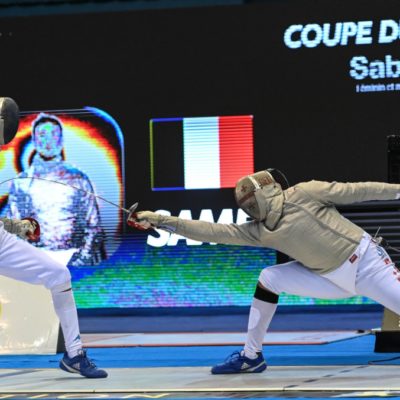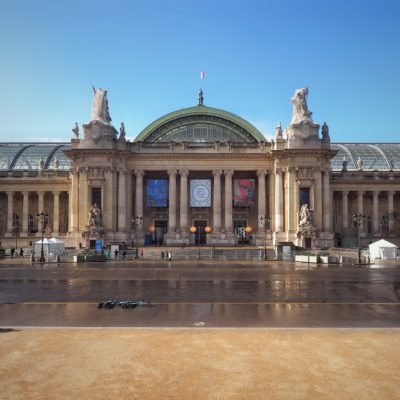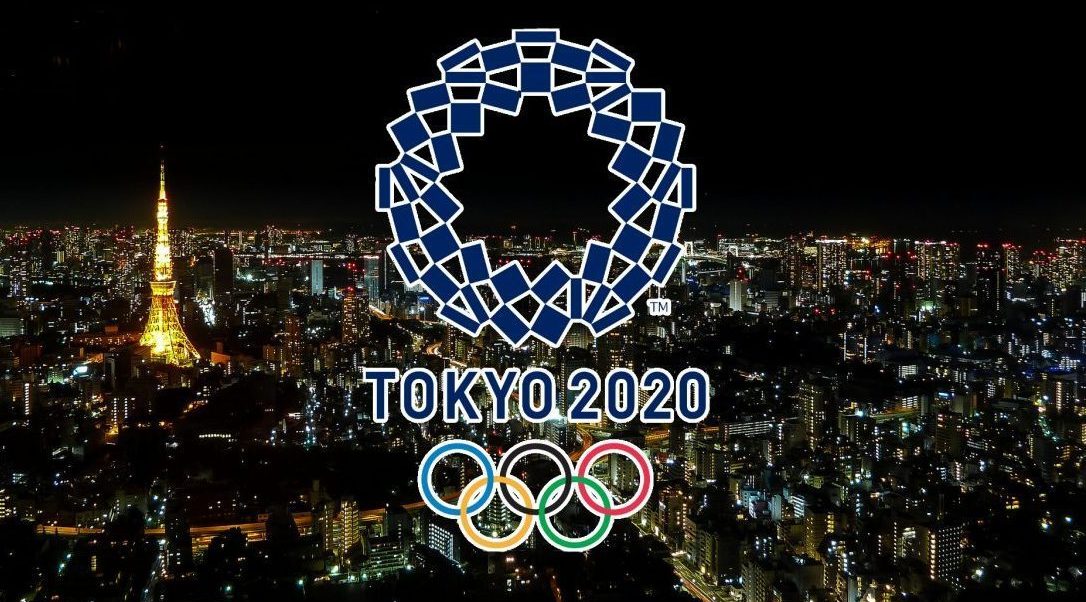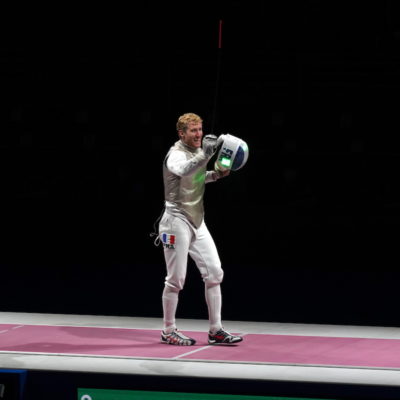 |
| Hristo Entropolski Owner of Midwest Fencing Academy, Fencing Coach |
Hristo Entropolski’s life is sewn with patches of triumph, complexity and adversity. He has criss-crossed the globe for years, participating in two Olympic Games and dozens of world championships as an athlete, club owner and coach. His journey began 50 years ago in Bulgaria, and eventually landed him in the United States. Hristo’s life is a tapestry whose saber is the needle that binds its disparate threads.
I spoke with Hristo in August of 2009, just days before the International Olympic Committee’s decision regarding the host city for the 2016 Summer Games. A longtime Chicago resident, he is one of the few fencers there whose life has been deeply influenced by the Olympic movement, both for good and ill.
{sidebar id=1}Hristo began fencing at 13 in his native Bulgaria “because, like everybody else, I saw it in the movies and it looked fun.” He had participated in other sports before converting to swordplay, but in the end it was the pressure and exhilaration of single combat that won his heart. “You have to be good mentally and physically, as well as a good fighter. Fencing is different from team sports; you don’t have anyone else to blame for your successes or failures. You are all by yourself.”
Hristro’s Journey
|
From that point on, Hristo began to practice and compete regularly. By the late 1970s, he had risen in the ranks of his countrymen to become respected in both national and international competitions. Because Bulgaria was then a socialist country, the government paid for all of his travel expenses, equipment and tournament fees.
In 1980, Hristo and his brother qualified for the Moscow Olympic Games. Despite the controversy surrounding the US-lead boycott that year, the fencing community remained largely unaffected. The American fencing team was the only one absent from competition, and most people agree that it would have made little difference anyway. The USSR regularly dominated all their competitors.
After several rounds of hard fighting, Hristo fell just short of the podium, coming in an honorable fourth place. His brother got fifth. Four years later, the Entropolski brothers found themselves ineligible to compete in the Los Angeles Games due to a tit-for-tat boycott led by socialist countries.
He doggedly stayed with the sport through the trouble, and four years later (16 after he had begun fencing), Hristo qualified to compete in the 1988 Games in Seoul. When he comes to this point in relating his story, though, his mood and mannerisms suddenly shift. I can sense his pulse quickening. His voice begins to quiver. His words come out in short, staccato bursts. It is clear that our conversation has begun to tread on sacred territory.
“They didn’t want Bulgarians to get any medals,” he says abruptly. “I have really bad memories from those Games. The refereeing was horrible. There was an agreement between the countries to keep us out of medal contention.” I was taken aback at this unexpected accusation and asked, “Do you mean there was a conspiracy to keep you from medaling?”
“Conspiracy is a very strong word. Russia, France and Italy more or less made an agreement to divide the medals among themselves and get rid of the two Bulgarian guys. I didn’t realize it at the time, but now that I look back on it I am pretty sure they were working together.” Hristo pauses for a moment, then goes on to describe his brother’s semifinal loss. “You have to remember that everything was decided by the refs back then; there was no electronic scoring equipment. If everything had been fair, my brother would have won 10-3, but instead he lost 10-4. The man that beat him went on to win the gold. It was the first time that I ever saw my brother cry.”
In one day of competition, Hristo’s beliefs about all that the Olympic ideal was meant to represent had suddenly unraveled. The catharsis with which he retells his experience is witness to the fact that these wounds are still very real for him. “Being treated so poorly was not the biggest disappointment of my life. It was the fact that the Olympic dream disappeared before my eyes. We were cheated so badly.” Though his love of the sport has not waned, Hristo’s confidence in the Olympic movement has taken years to mend. “I didn’t watch the Olympic Games for a long time after that because I was so disappointed with what went on.”
Even with Hristo’s jaded attitude toward the Olympics, his commitment to fencing has not diminished. He accepted a friend’s invitation to coach in Chicago, then branched out and opened his own saber club, regarded by many sword-toting Chicagoans to be among the best in the city. He is also quick to point out that the advent of electronic scoring equipment has drastically altered the nature and objectivity of the sport for the better.
When I ask him if the IOC’s decision affects his plans for the immediate future he responds, “No change in plans. The Olympic Games are the Olympic Games whether in Chicago or somewhere else. If I’ve got someone who is good enough to qualify for them, then I will be happy with that.”
The Olympic flag, though tattered and soiled with disappointment, is still stitched into the fabric of Hristo’s athletic soul.
Josh Rigsby is a feature columnist for journelism.org and an epeeist on the Southern California Division. When not writing or fencing (or writing about fencing) he enjoys working at his church in downtown Los Angeles.





